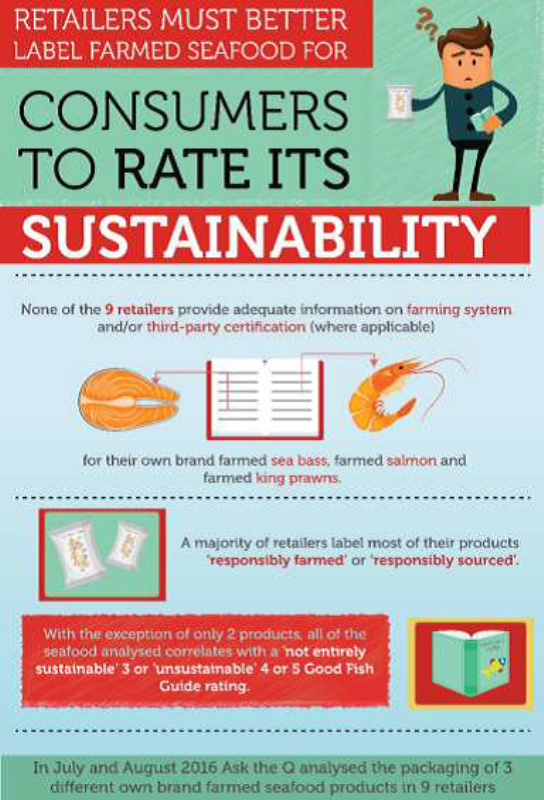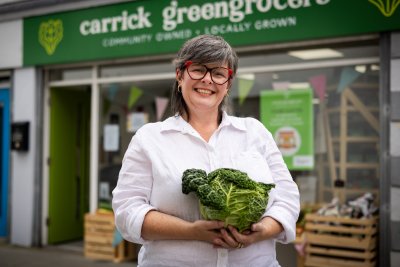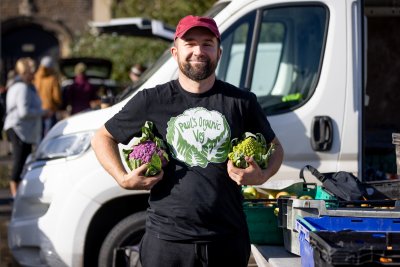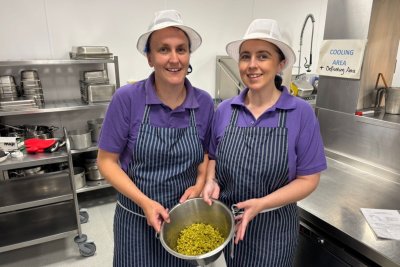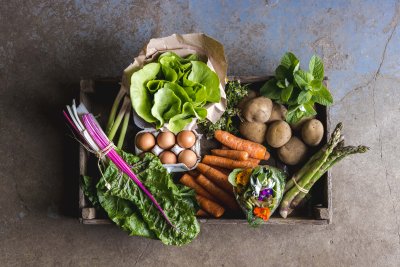In addition, supermarkets claimed that popular farmed fish products were ‘responsibly farmed’, when they are actually amber-rated by the Marine Conservation Society, and therefore ‘not entirely sustainable’, and only OK to eat occasionally. Ask the Q believe this is misleading, and could confuse well-meaning consumers.
To use the Good Fish Guide to check that products are considered to be OK to eat, consumers require some basic information; the country of origin, farming system used and third-party accreditations. In July and August 2016, independent consumer pressure organisation Ask the Q visited 9 supermarkets and analysed the packaging of own brand farmed seafood. They found that none provided enough information to allow customers to use the Good Fish Guide to ensure they avoid fish farmed using the most destructive methods.
Lack of transparency
All 9 retailers indicated the country of origin on the packaging of farmed sea bass, salmon and king prawns but none indicated the farming system used or any third-party certifications (where applicable these are the Global Aquaculture Alliance’s Best Aquaculture Practices (GAA BAP), GlobalGAP or the Aquaculture Stewardship Council (ASC)).
Supermarket responses inadequate
Ask the Q then contacted all nine retailers to request the required information. Some responded with information to confirm that source farms hold third-party certifications and/or the method of production, giving some assurance of sustainable sourcing. Three retailers (Aldi, Asda and Lidl), responded but failed to provide the above information.
Find out more about the Ask The Q seafood labelling project.
Sustainable Fish: A campaign to protect precious marine environments and fishing livelihoods, and call for fish to be bought from sustainable sources. We want to show what can be done if people and organisations make a concerted effort to change their buying habits.

